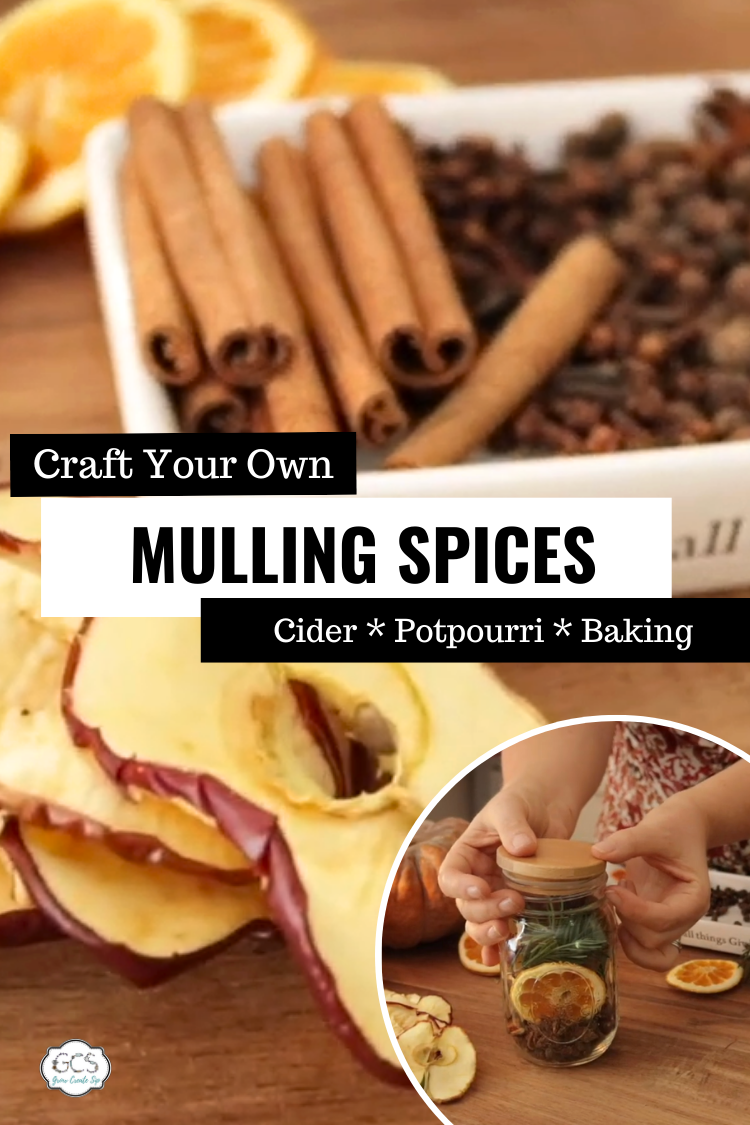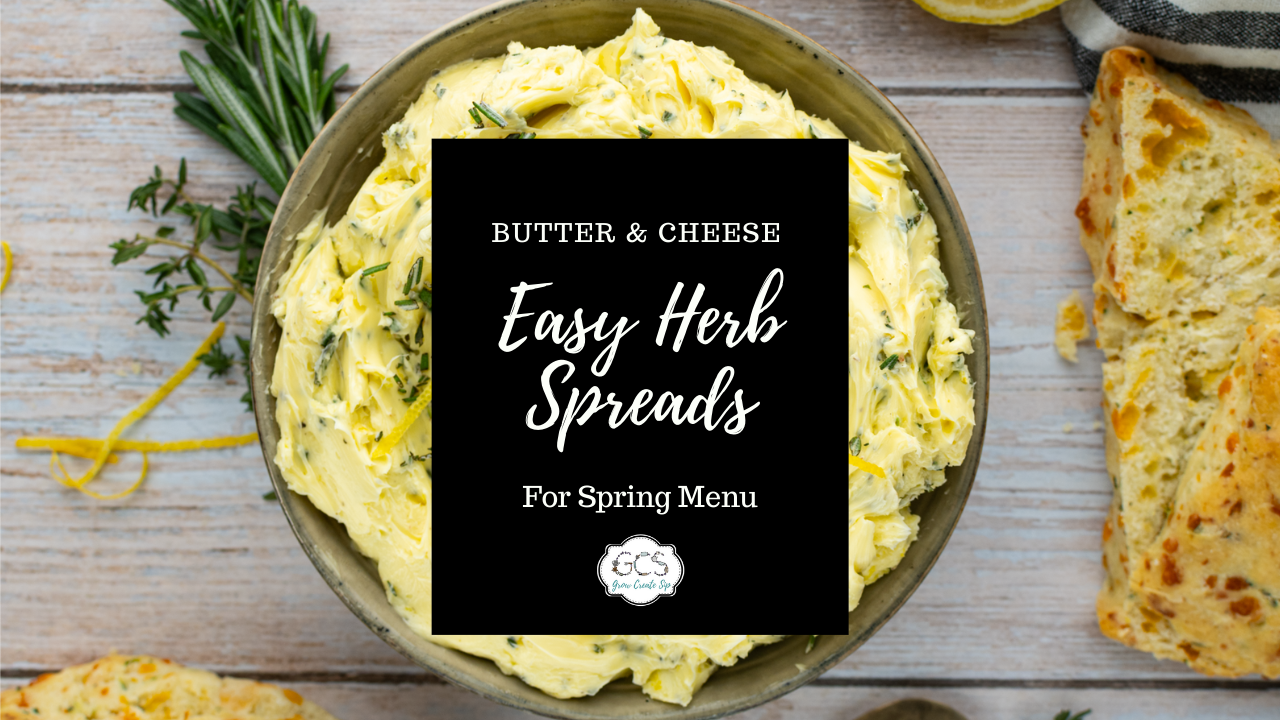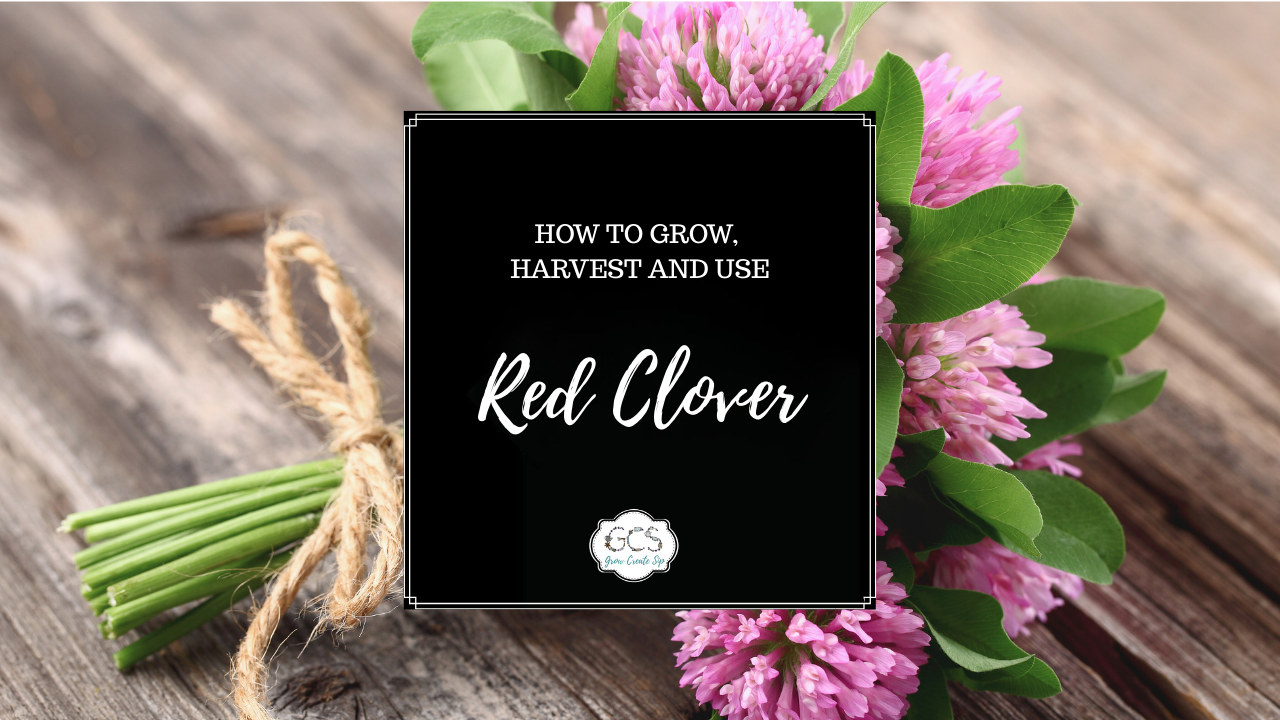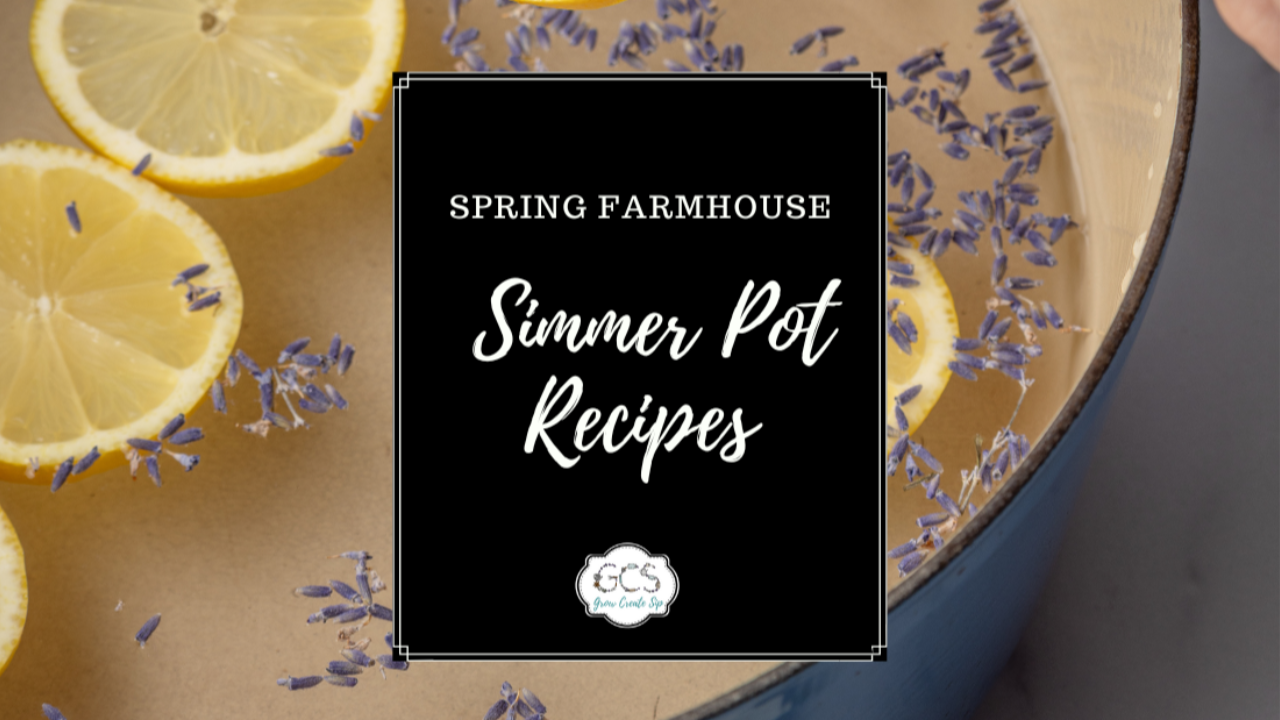Craft Your Own Mulling Spices for Cider, Potpourri, Baking & More
Nov 10, 2024
Mulling spices have long been tied to mulled wine, that traditional wintertime beverage we start to see pop up in the colder months. But… what’s a mama to do if she doesn’t want to drink wine but still wants all of the health benefits of these spices? Use them in countless other ways, of course!
From warming up everything from apple cider to baked goods and more, mulling spices add so much in terms of flavor — and that’s not all. They also boast loads of health benefits, making them good for you too.
Discover everything mulling spices can do beyond mulled wine. Below, you’ll learn how to craft your own mulling spices recipe at home and explore creative ways to use it, like mulling spices for cider. This helpful guide also explores the benefits of each ingredient in a traditional mulling spice recipe. Making your own recipe for mulling spices is incredibly easy and enjoyable!
The Legal Stuff
This blog is provided by St. Fiacre's Farm LLC for informational purposes only. It does not constitute medical advice, and you should always seek the advice of a qualified healthcare provider for any medical questions or concerns. Please note that we may earn a small commission on any purchases you make through our affiliate links, at no additional cost to you. Thank you for your support!
Mulling Spices Health Benefits and Medicinal Properties
Before you get started on mulling spices for cider and baking, let’s take a closer look at all of the potential benefits and medicinal properties of each component. While there are many variations, most blends (like ours) include a combination of cinnamon, cloves, allspice, orange peel, and other fruit.
Here’s what you can expect:
- Cinnamon: Known to potentially lower blood sugar and support heart health. Cinnamon is also a good source of antioxidants. It could help some neurological disorders like Parkinson’s and Alzheimer’s diseases as well (Source).
- Orange peel: Packed with vitamin C, orange peel is a powerful antioxidant that supports cardiovascular health as well. It could help boost immunity and support digestion with its potential prebiotic properties too (Source).
- Cloves: Known for their antimicrobial and antioxidant properties. Cloves could also aid digestion and are often used as a natural pain reliever (Source).
- Cranberry: Another antioxidant-rich ingredient! Cranberries are typically used to support urinary tract health and reduce inflammation (Source).
- Apple: A great source of fiber, iron, zinc, vitamin C, and antioxidants. An apple a day really could keep the doctor away (Source)!
- Allspice: Believed to have antimicrobial, antifungal, and anti-inflammatory properties. Allspice is also often used to help digestion. It’s also sometimes used for pain relief (Source).
Beyond Wine: Mulling Spices for Cider & Other Uses
Whether you’re an expecting mama, are breastfeeding, or simply don’t drink, you’re probably wondering how to incorporate these beneficial spices into your life. While mulled wine is a classic way to enjoy them, there are so many other ways to incorporate them into cooking, baking, and even homemade potpourri!
Here are a few ideas:
- Apple cider: We love making mulling spices for cider in my house — my girls love getting involved, and cider is one of their favorite drinks. We usually simmer the spices in the cider for a stronger flavor. A pinch or two is all you need.
- Stovetop potpourri: Make your entire home smell festive and spicy and simmer a mixture of mulling spices, orange slices, and water on your stovetop. I can’t explain to you how good this smells… you’ll have to try it yourself to see what I mean!
- Baking: Easily add a touch of spice and warmth to baked goods and use your spice blend in cookies, cakes, and breads. You could even use it to flavor frosting and glazes! A carrot cake with a mulled spiced frosting, anyone?
- Syrups: Homemade simple syrup is so nice in tea and coffee (or a coffee alternative!), and would taste great when infused with mulling spices.
- Tea: You’ve got a few different options for tea. You can either create your own tea blend and add your mulling spice recipe to it, or you can simply steep a bag of your favorite black tea with a pinch of spices.
Speaking of teas, if you need ideas for ones that are spiced and similar to mulling spices, some of our favorites include:
- Coastal Cranberry Spice Herbal Tea: Made with cranberries, apples, orange, lemon, and spices like cinnamon, clove, and ginger.
- Orange Spice Black Tea: A true Russian orange spice tea made with orange peel and yellow flower petals.
- Chai Blends: Marsala chai blends are made with a variety of ingredients, but they are all sweet and spiced.
- Gingerbread Spice: Spicy, full of cinnamon and ginger, and perfect for fall and winter.
- Aronia Plum Berry Herbal Tea: Featuring berries, plum, and cornflowers, just like a classic sugar plum. It tastes like Jordan almonds!

Crafting Your Own Mulling Spice Recipe
One of the best parts when learning about herbs and spices is the ability to create your own unique blends for teas, spice mixes, and more. That means you can fully customize your mulling spices recipe and only include what you truly love — and hope to reap the benefits from.
To make your own, simply combine your preferred spices in a jar or bowl. For a super basic blend, use:
- 2 tablespoons ground cinnamon
- 1 tablespoon ground cloves
- 1 tablespoon ground allspice
- 1 teaspoon ground nutmeg
- 1 teaspoon grated orange peel
Once you have your ingredients combined, give them a good stir. You can store your homemade mulling spices in an airtight container in a cool, dark place for up to a year.
Whole spices vs. ground for cider
When it comes to mulling spices for cider, in particular, you can use either whole spices or ground ones. Both options have advantages.
Whole spices have a more intense flavor, as the oils are released gradually during the simmering process. They also add a more interesting look to the cider — it just looks prettier!
Now, ground spices are a bit more convenient as they’re generally super easy to find, and require a little less preparation. When ground, they also boast a more consistent flavor as they come already very finely ground. They’re great for small or individual batches of cider as they can be easily adjusted to taste.
I recommend using whole spices for larger batches of cider and ground ones for smaller servings. As a note, if you prefer to remove the whole spices before serving, place them in a tea bag or cheesecloth sachet before adding them to the cider.
Ultimately, the best choice will depend on your preferences and how strong you want your cider to taste. And, don’t be afraid to experiment with both to figure out which one you like better!

Mulling spices as a hostess gift
Homemade mulling spices would make a thoughtful and festive holiday hostess gift too! While you make a blend to keep for yourself, set some aside to give as gifts.
To package your homemade blend, fill a small glass jar and attach a label with the ingredients in your mulling spices recipe and instructions for use. You could also include a recipe for mulling spices for cider or tea, or how to use it for stovetop potpourri.
Wrap the jar in a pretty ribbon and you’ve got yourself a unique (and practical!) gift.

Mulling Spices Recipe Frequently Asked Questions
What is mulling spice made of?
Mulling spice recipes vary, but most blends include cinnamon, allspice, cloves, and dried fruit like orange peel.
What is the best ratio of mulling spices to cider?
When using mulling spices for cider, a general guideline is to use 1-2 teaspoons of spices per cup of cider. You can always adjust this to your preference based on how strong you want the flavor to be. In my house, we usually add 2 teaspoons per cup as we like things on the spicier side. If you’re making an entire gallon of cider, you’ll use between 4-6 tablespoons in total.
How long do mulling spices last?
Whole mulling spices — before you grind them — will keep for up to 4 years when stored properly! Ground mulling spice blends will typically last for up to 1 year when kept in a cool and dark place. They will lose their potency as more time goes on, so it’s best to use them within the first few months if you can.
INSERT VIDEO HERE
Cider, Gifts, Potpourri, & Beyond
There are so many ways to use these powerful spices! Whether you’re making mulling spices for cider, adding them to baked goods, or creating a homemade potpourri, you’ll be able to enjoy their spicy flavor and potential health benefits.
How will you use your mulling spice recipe?
If you want to learn how to blend beyond mulled spices and blend things like your own whole leaf chai tea mix, be sure to check out our FREE Tea Blending Workshop! When you’re done, sign up for our FREE Tea Steeping 101 Guide and Freebies next.
Learn More About Making Spice & Herb Blends
- How to Make Your Own Tea Blends: The Pyramid Method
- Herbs for Mastering Caffeine Withdrawal & Coffee Headaches
- How to Make Homemade Chai Tea (Not Instant)
- Chamomile Flower Tea: How to Plant, Grow, Harvest, and Blend
- How to Make Homemade Cough Syrup with Wild Cherry Bark
- Sea Moss Tea
















